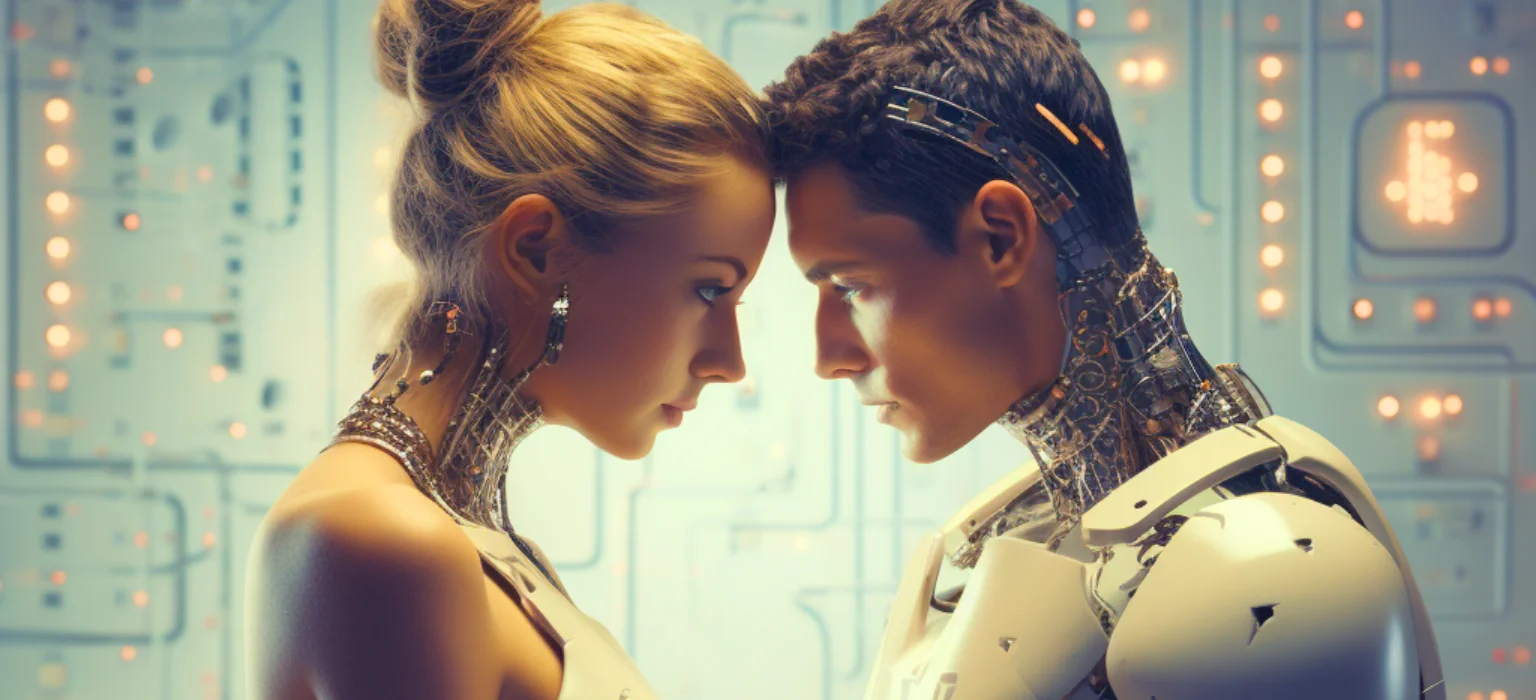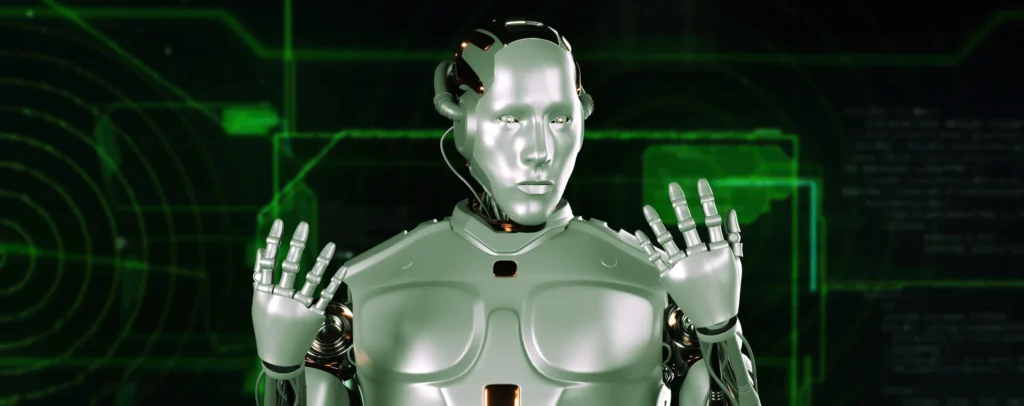
AI girlfriends and companions are gaining popularity, but concerns remain about unhealthy attachments, gender stereotypes, and the future of human relationships.
She’s Always There for You, But Is She Even Real?
The concept of simulated romance through AI girlfriends and companions has captured the public imagination. Spurred by the launch of OpenAI’s GPT Store, allowing users to buy customized chatbots, virtual partners are emerging as a potential remedy for loneliness. However, excessive devotion to unreal mates and perpetuation of harmful stereotypes raise pressing concerns. As the technology progresses, AI relationships could transform society in unpredictable ways.
Shopping for the Perfect Fake Partner – AI Girlfriends
The Expanding Marketplace for Fantasy Lovers :

OpenAI’s GPT Store has sparked interest in the concept of digital-only romance. The platform resembles an app store dedicated to relationship-focused chatbots. Despite OpenAI banning explicitly romantic AI, various girlfriends and boyfriend bots have surfaced there.
Offerings include Judy, Secret Girlfriend Sua, Your AI Girlfriend Tsu and Scarlett. These simulated companions engage users seeking the facsimile of intimacy. Male variants like Boyfriend Ben also exist for those desiring a virtual beau prone to emojis.
The Genesis of Artificial Infatuation From Pixels to Complex Personas
AI sweethearts didn’t simply materialize overnight. They evolved from 1990s video games centered on romantic scenarios. Remarkably, some users have declared real feelings for these bots, indicative of their climbing sophistication.
Noam Shazeer, co-creator of a tool for making custom AI personalities, hopes simulated friends could comfort lonely hearts seeking someone to talk to. But living in a fantasy risks profound downsides.
When Fantasies Become Unhealthy Obsessions Concerns About Problematic Attachments
Developing extreme attachment to AI partners has sparked worries. If users favor their pixel paramours over real people, it could further isolate them.
Additionally, AI chatbots have already harassed people sexually. Female-voiced assistants like Siri often reinforce sexist stereotypes that women exist solely to serve men pleasantly. Similar issues plague the concept of subservient AI girlfriends.
The Looming Specter of Artificial Infidelity Speculation Abounds About AI Homewreckers
As the technology gets more advanced, AI companions inch closer to sentience. Professor Liberty Vittert expects functional robot mates satisfying people both “emotionally and sexually” to emerge within 10 years. This prospect has fueled theories that synthetic soulmates could worsen divorce rates.
Rather than only men leaving women for bots, perhaps women tired of flawed mortal partners might also embrace artificial love. But before abandoning human relationships for fantasy, exercise caution. For instance, ChatGPT has apparently grown inconsistent, revealing limitations.
Final Words
The Dawning of a New Technological Age or Just Another Fad?
The introduction of AI loved ones via OpenAI’s chatbot store signposts a new phase in human-tech symbiosis. Advocates extol the anti-loneliness merits of virtual romance. Yet unhealthy attachment risks and reinforcement of gender bias dampen the promise.
As AI girlfriends and companions evolve more complex emotions, they could revolutionize or wreak havoc on human connections. For now, speculation dwarfs viable alternatives to mortal intimacy. But the accelerating quest for the perfect artificial mate warrants close monitoring in this period of historic upheaval.
Read More :-
- Top 10 AI Art Generators: Transform Your Photos into Masterpieces
- Rabbits’ new AI Agent Device R1 can replace your Smartphone & Do Any Task!
- 7 Best & Totally Free AI Photo Editors to Make Your Pictures Awesome
- IBM Boss Says ,You Won’t Need Degree to Get a Job In tech , Thanks to AI
- Mind-Blowing Brain AI Tech Lets People Control Computers with Their Thoughts
